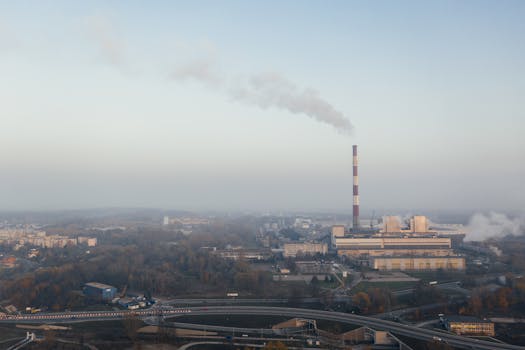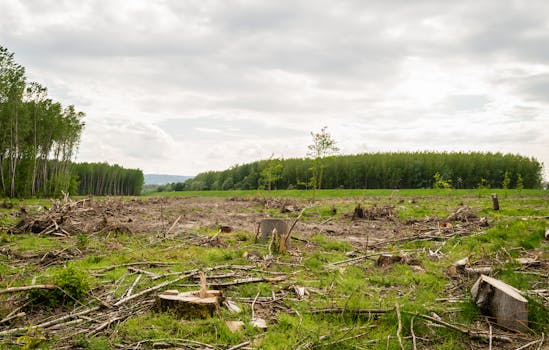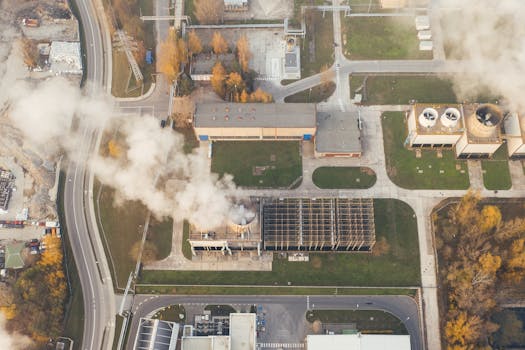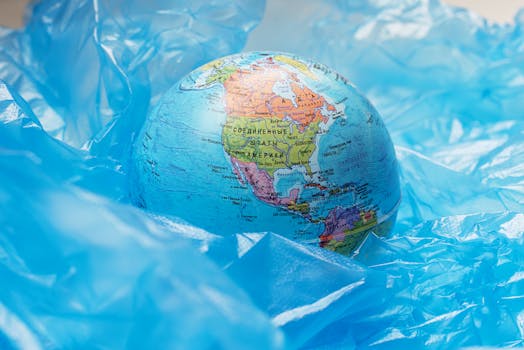
The Impact of Climate Change on Global Ecosystems
Climate Change is having a profound impact on global ecosystems, from rising temperatures to more frequent natural disasters. The effects of climate change are being felt across the globe, from the melting of polar ice caps to the destruction of coral reefs.
Introduction to Climate Change

Climate change refers to the long-term warming of the planet, which is primarily caused by the increasing levels of greenhouse gases in the Earth’s atmosphere. These gases, such as carbon dioxide and methane, trap heat from the sun and prevent it from being released back into space, leading to a rise in global temperatures.
The main cause of climate change is human activity, particularly the burning of fossil fuels such as coal, oil, and gas, which releases large amounts of carbon dioxide into the atmosphere. Deforestation and land-use changes, such as the clearing of forests for agriculture, also contribute to climate change by releasing carbon stored in trees and reducing the ability of forests to act as carbon sinks.
Effects of Climate Change on Global Ecosystems

Climate change is having a profound impact on global ecosystems, including:
- Rising Sea Levels: The melting of polar ice caps and glaciers, combined with the expansion of seawater as it warms, is causing sea levels to rise, leading to coastal erosion, flooding, and saltwater intrusion into freshwater sources.
- Changes in Precipitation Patterns: Climate change is altering the patterns of precipitation, leading to more frequent and severe droughts and floods, which can have devastating impacts on ecosystems and human communities.
- Increased Frequency and Severity of Natural Disasters: Climate change is contributing to an increase in the frequency and severity of natural disasters, such as hurricanes, wildfires, and heatwaves, which can have catastrophic impacts on ecosystems and human communities.
- Loss of Biodiversity: Climate change is altering the distribution and abundance of plants and animals, leading to a loss of biodiversity and extinction of many species.
Impact on Human Communities

Climate change is also having a significant impact on human communities, including:
- Food Insecurity: Climate change is altering the distribution and productivity of crops, leading to food insecurity and malnutrition, particularly in vulnerable communities.
- Water Scarcity: Climate change is altering the patterns of precipitation, leading to water scarcity and drought, which can have significant impacts on human health and well-being.
- Human Migration and Conflict: Climate change is contributing to human migration and conflict, as people are forced to leave their homes due to rising sea levels, more frequent natural disasters, and decreased access to resources such as food and water.
Conclusion

In conclusion, climate change is having a profound impact on global ecosystems and human communities. It is essential that we take immediate action to reduce greenhouse gas emissions and mitigate the effects of climate change. This can be achieved through a combination of policies, such as transitioning to renewable energy sources, increasing energy efficiency, and protecting and restoring natural ecosystems.




